-
play_arrow
WURD Radio
Why I Do Not Endorse the Endorsement of Candidates By Ministers
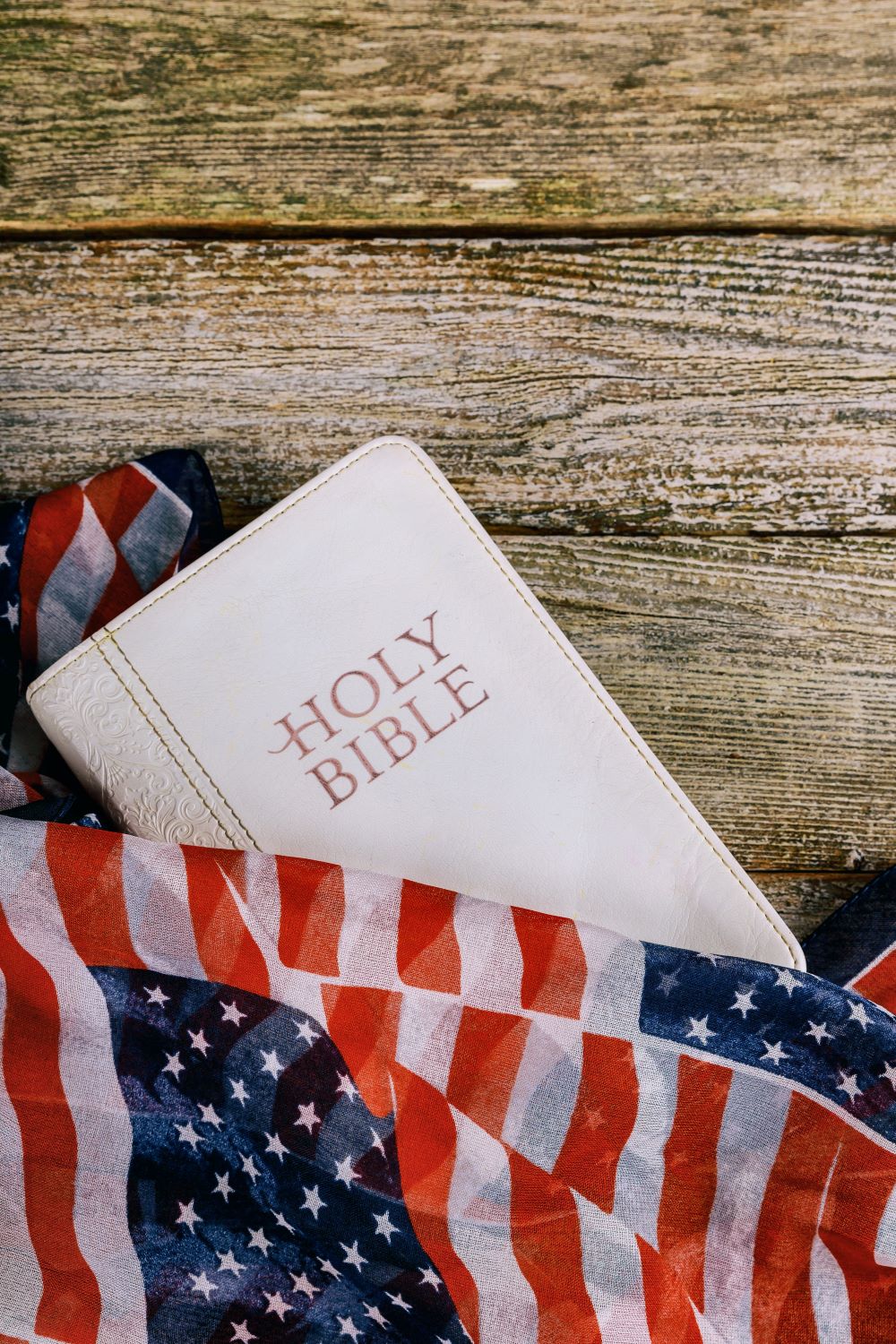
By W. Nick Taliaferro | WURD Radio
Among other things, first and foremost I am a minister; and more specifically, a Black, protestant Christian minister. I have had the privilege of serving this city as its first faith-based initiatives director, and because of that, I have enjoyed the rich benefit of close fellowship with a wide variety of ministers from around this city and its vicinity.
And as a Black minister, I am not endorsing ANYBODY during this election – nor do I think that ministers should. Full stop.
But I have friends – respected and beloved friends – who think differently from me (and who may also prefer that I not air our clergical laundry out on the public clothesline). Accordingly, my colleagues in the venerable organization, Black Clergy of Philadelphia & Vicinity, recently set forth a list of endorsed candidates for this upcoming election. That is their right, and they have traditionally endorsed candidates for the last few decades.
But with respect – and a bit of trepidation born of my affection for these men and women I esteem highly – I feel strongly enough about this issue that I feel compelled to speak…publicly.
Allow me to succinctly, but hopefully persuasively and articulately, list my reasons for why I am standing in opposition of my clergy friends who might offer political endorsements.
It is dangerously close to infringing upon legal prohibition
Back in 1954 an ambitious young senator from Texas by the name of Lyndon B. Johnson pushed through an amendment to the tax codes that stands to this day, aimed at keeping charitable organizations out of electoral politics. Basically, the amendment stated that these tax-exempt organizations were not allowed to:
participate in, or intervene in (including the publishing or distributing of statements), any political campaign on behalf of (or in opposition to) any candidate for public office.
Known as the Johnson Amendment, this act sought to reinforce the spirit of the First Amendment, which provided for the construction of a stable firewall between the powers of the state and the powers of the church. The framers of the Constitution – freshly released from the thrall of both the Holy Roman Empire and the Church of England – knew all too well the abuses that can occur when the lines get blurred between the two; so they hardwired a separation of those powers into our government.
It should be noted that the most vocal opponent to this amendment and the concept of disallowing churches from becoming involved in the endorsing of candidates is a guy by the name of Donald John Trump, who fought vehemently against it as president.
Frankly, I’d prefer being showered with fertilizer, and then shot for stinking, over being found in accord with Donald Trump on this particular issue.
It mitigates the celebration of clergy diversity
As a minister, sometimes I don’t even believe everything that I think. That is just my way of saying that diversity of thought, opinion and belief is simply an inevitable part of being alive; and you can trust and believe that ministers rarely think the same way about all things! But that’s what is to be celebrated about the fellowship of our ministerial colloquy; we are a rich tapestry of variety and diversity.
However, when a list of endorsed candidates gets released, it appears as though there is a sort of unilateral agreement about certain personalities. This can inaugurate the glaring question: “Are those preachers who don’t agree out of concord with other preachers?” I once recall one of my parishioners asked me, out of concern about my standing in the clergical community, “Pastor, are you in opposition to the other pastors?” I assured that member of the exact same thing that I wish to affirm in this article – Black ministers are NOT a monolith! Not only was it quite okay for me to be in disagreement with my collared colleagues, but our diversity should also be encouraged.
I sense that we would be better served by recognizing the diversity of our colloquy, and by affirming that our diversity will probably be reflected in a diversity of support for a variety of candidates. And that’s a GOOD thing; because that means that whoever wins, there’s a good chance that someone from our cohort will be near enough to that person to ensure that our issues and concerns get a hearing.
It seems out of step with the mission of clergy
Almost universally, it is considered that the role of modern clergy is to “speak truth to power.” Basically, as ministers we perceive ourselves to be charged with the task of addressing those who are in positions of power from the perspective of what we perceive to be transcendent moral imperatives. In short, we tell earthly leaders what we perceive that God may think about what they are doing!
Conversely, in my 45-plus years of ministerial study and service, nowhere have I found a scriptural mandate that encourages ministers to provide endorsements for any who might offer themselves as candidates for secular leadership positions. As ministers, we should clarify issues, and we most certainly should articulate ethical priorities – and we may even have to call out evil when we see it, as was the case when George Wallace ran on a platform of racial segregation and white supremacy. But we are not the prophets of antiquity, charged with the tasks of anointing kings within the context of a theocracy. Hence, I believe it best to shelve our oil of endorsement.
I close by reminding my colleagues of how odious it appears when we see our white, Bible-belt, right-wing clergy colleagues thumping their Bibles while offering their endorsements of candidates for whom we have minimal regard. I would also ask us to reflect upon how unseemly last month’s endorsement of Paul Vallas in Chicago by dozens of Black pastors appeared – especially when Vallas subsequently lost to his Black opponent, Brandon Johnson. As one person asked: “Was God wrong, or was it just the preachers?”
Personalities come and go, and there will detractors and cheerleaders for all of the men and women who seek the votes of our parishioners. But perhaps it is time to leave the endorsing of names and faces to the politicians and special interest groups, while we demonstrate our spiritual leadership by helping to clarify the issues, priorities and clear moral imperatives that should be at the forefront of the agenda of ANY person who gets elected.
Taliaferro is an ordained minister, has pastored three churches in Philadelphia and previously served the city of Philadelphia as both the Director of Faith-Based Initiatives and the Executive Director of the Philadelphia Commission on Human Relations. He currently hosts WURD Radio’s Evening WURDs from 4-7pm Monday through Thursday.
THE WURD WEEKLY NEWSLETTER
Black Talk Media sent straight to your inbox.
BECOME A MEMBER
The forWURD Movement is your way to
protect and preserve Independent Black Media.
Written by: Nick Taliaferro
church church and state Evening WURDs evening wurds with Nick Taliaferro government Nick Taliaferro pastors politics religion
Featured post
Latest posts

This week on WURD: Philly teachers fight for more, Black federal workers under threat, the story behind Gladys Knight and the Pips

This week on WURD: Trump’s “mega bill,” Medicare cuts, U.S.-Iran tensions

Teens Cultivate Soil and Safety at Sankofa Community Farm

This week on WURD: Musiq Souldchild shares his journey, PA’s budget delays, Sherri Shepherd’s latest role

This week on WURD: Philly teachers on strike, SEPTA’s funding issues, Sankofa through farming
Current show
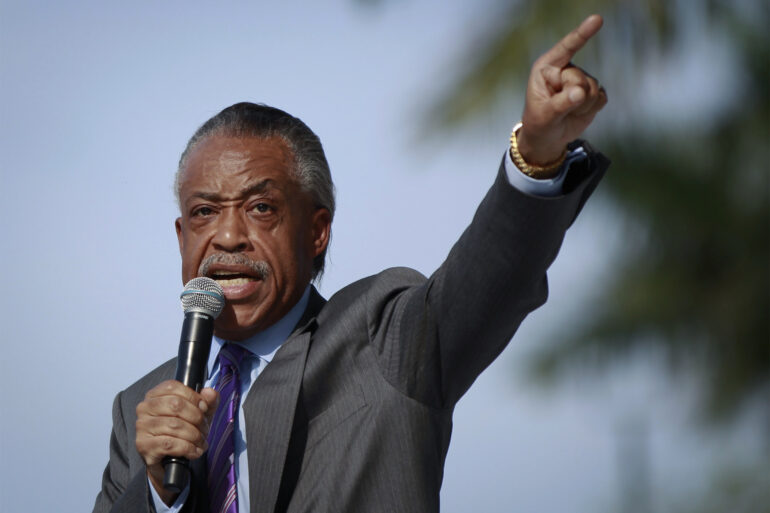
Keepin’ It Real with Rev. Al Sharpton
Rev. Sharpton's nationally syndicated radio show “Keepin it Real.” This daily program will keep you on pulse with what's happening in politics and the world while getting answers to real questions in this daily talk program.
closeUpcoming shows
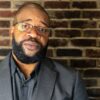
Evening WURDs
4:00 pm - 7:00 pm

The Tavis Smiley Show
7:00 pm - 10:00 pm

Soulful Sunrise
6:00 am - 7:00 am
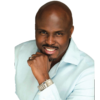
Wake Up With WURD
7:00 am - 10:00 am

The Midday Break Room
10:00 am - 1:00 pm
WURD Radio LLC © 2012-2021. All rights reserved.


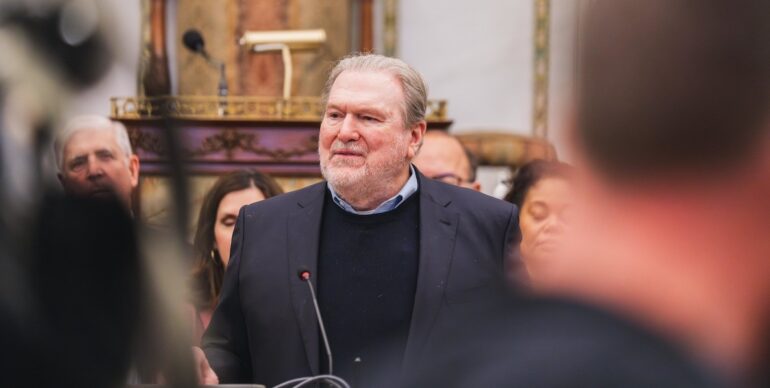

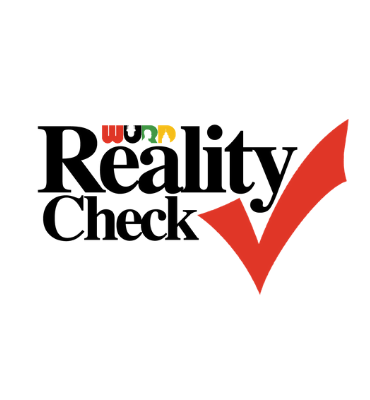

Post comments (0)